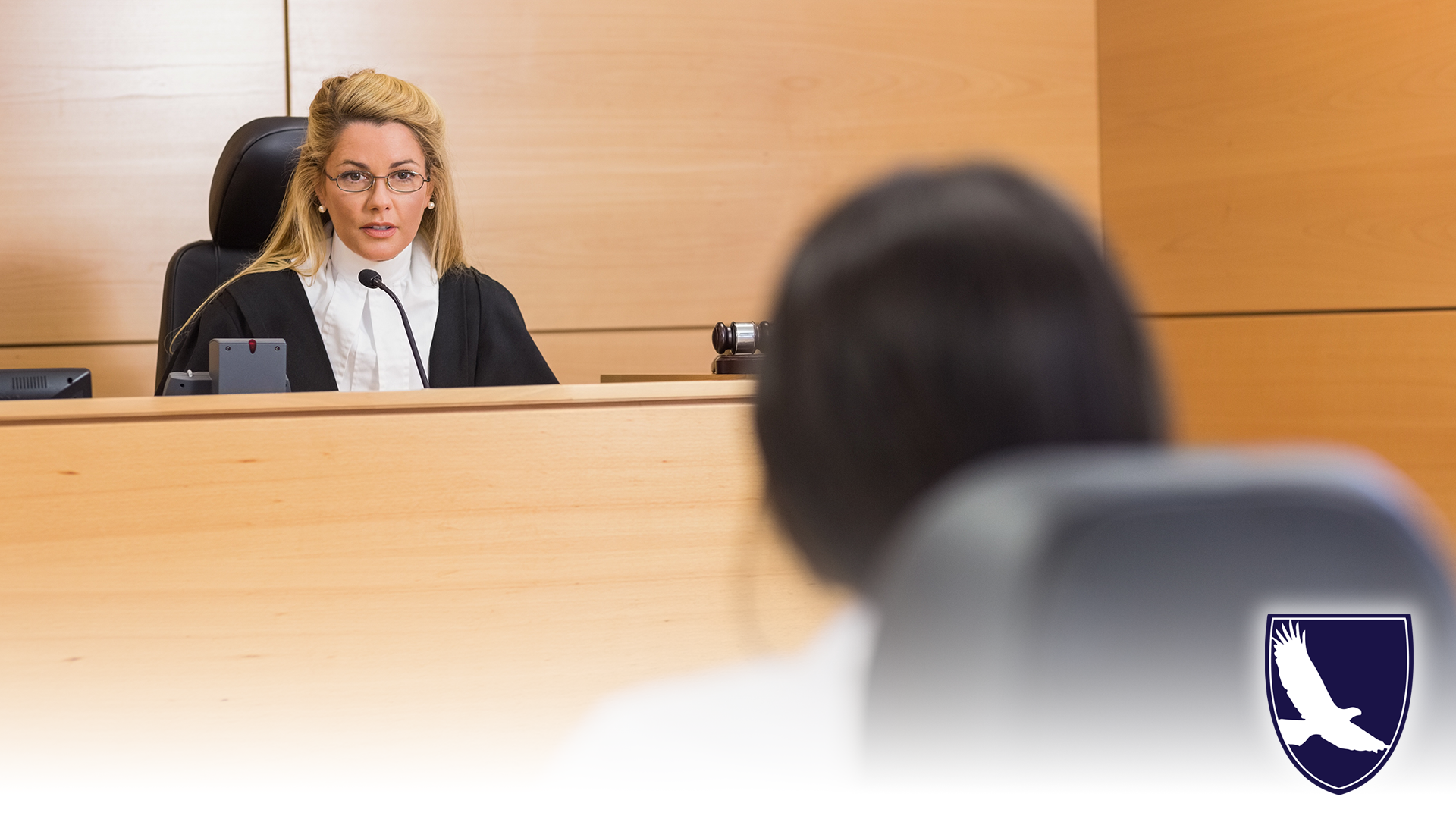The Social Security Disability Hearing Is Very Important
A disability hearing represents the best chance to get your SSDI or SSI claim approved - so you must be prepared.

The Hearing is an opportunity for you and your disability representative to present your case to the Administrative Law Judge. The judge uses the Hearing to evaluate the merits of your claim and to make a decision about whether you meet Social Security’s definition of being disabled. The judge uses the same 5-step sequential evaluation that was used by the Disability Determination Service (DDS) Examiner at the Initial Application and Reconsideration levels of your claim. So, the questions from the judge generally follow the 5-step sequential evaluation process. Sometimes, they want to “get to know you” and will ask questions unrelated to the 5-step sequential evaluation, but the main questions relate directly or indirectly to this evaluation.
The judge will also be assessing your credibility by determining whether your testimony is consistent with your medical evidence. For example, if you complain of severe back pain and the inability to walk, but your MRIs indicate no issue with your back and no limitation on your ability to walk, the claim is going to be difficult to get approved. On the other hand, if you testify that your breathing problems make it really hard for you to exert yourself, and your medical records indicate a degree of severity associated with your COPD that is consistent with your allegations, your claim will be considered credible.
You are granted a Hearing if your Initial Application for disability benefits is denied and appealed, and if your Reconsideration appeal is also denied and appealed. So, the Disability Hearing is the culmination of your disability claim. This is the first time in the disability claims process that you actually meet with someone from the Social Security Administration in person. SSA is required to provide at least 20 days’ notice of your Hearing date, time and location, but more commonly you are given about 60 days' notice. Most Hearings are scheduled no more than 75 miles from your home and they are generally conducted at an Office of Disability Adjudication and Review (ODAR). These ODAR offices are often co-located with your local Field Office (for example with the Field Office on the ground floor and the ODAR office on the 2nd floor), but they also can be in an entirely separate building miles away.
As the wait time for a Hearing has lengthened considerably, Social Security has been more aggressive with the use of Video Teleconference (VTC) Hearings, which are Hearings conducted via video with a judge in a different location. You do have the right to object to a VTC Hearing and we generally advise our clients to exercise their right to have their Hearing in person with the judge.
What to Expect at a Your Hearing
The Hearing itself is an informal meeting that generally does not last longer than one hour. In fact, most Hearings are done in 30 minutes. There are at least three people present at the Hearing, the judge, you (the claimant) and a court reporter. Additional people present may include your disability representative (if you have one), a Medical Expert (ME) (if the judge requests one), a Vocational Expert (VE) (if the judge requests one), and any witnesses who may be present. Most people do not have witnesses, because the judge generally does not assign much weight to what they have to say.
If you have a neighbor, a former employer, a former colleague, a spouse, etc., their perspective may be interesting, and you and they may view it as important, but it is simply nowhere near as important as what your medical records say!
While the disability Hearing represents the best chance of getting your claim approved, getting a claim approved at Hearing is not an easy feat. In fact, only about half of all Hearings result in a favorable decision, with the other half denied. Accordingly, it is imperative that you are fully prepared for your Hearing. Losing at Hearing is terribly damaging and the alternatives for appeal to the Appeals Council are statistically unlikely to be fruitful. So, you have to do everything possible to win your Hearing.
The key to winning the Hearing is to ensure your claim file is fully developed and a clear theory of disability is presented to the judge. This theory of disability must be well-supported with medical evidence, consistent with your testimony, and presented in a manner that the judge understands. This is where an experienced disability representative can play a very important role.
There are nearly 1,400 Administrative Law Judges (ALJs or “disability judges”) in 169 ODAR offices throughout the United States. These judges conduct approximately 750,000 Hearings per year. As indicated in our disability judge statistics page, these ALJs have widely varying degrees of approval with some judges approving only 10% of their claims and other judges approving over 90% of the claims they adjudicate! In fact, the judge who is assigned to your Hearing has a significant bearing on whether your claim will be approved.
Conclusion
Knowing your judge’s strengths, weaknesses, preferences, etc., can make a big difference in the outcome of your claim. Does the judge understand mental health claims? Does he fully understand the medical evidence of record? Does he utilize the services of a Medical Expert? Again, experience counts in these matters and a professional disability representative, such as Quikaid, can greatly influence the outcome of your claim. Learn more about Quikaid and what we can do to help you win your disability Hearing.
Share via:
HIRE AMERICA'S DISABILITY EXPERTS NOW
If you need disability benefits, hire Quikaid now. You will not regret it. We will do everything possible to get your claim approved.
Sign our contract now online, complete our Free Case Evaluation, or call (800) 941-1321 so we can start the process of getting you approved for benefits! You have nothing to lose, and everything to gain.
The time to get started is NOW!




